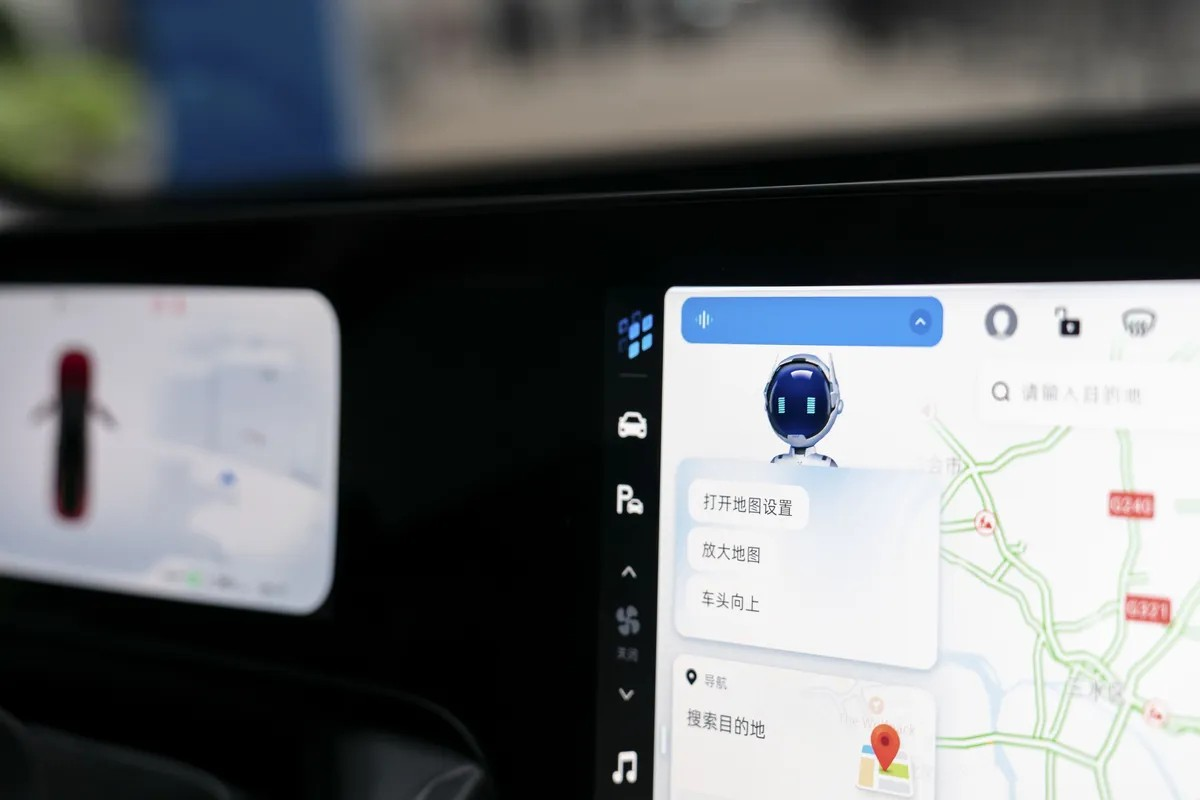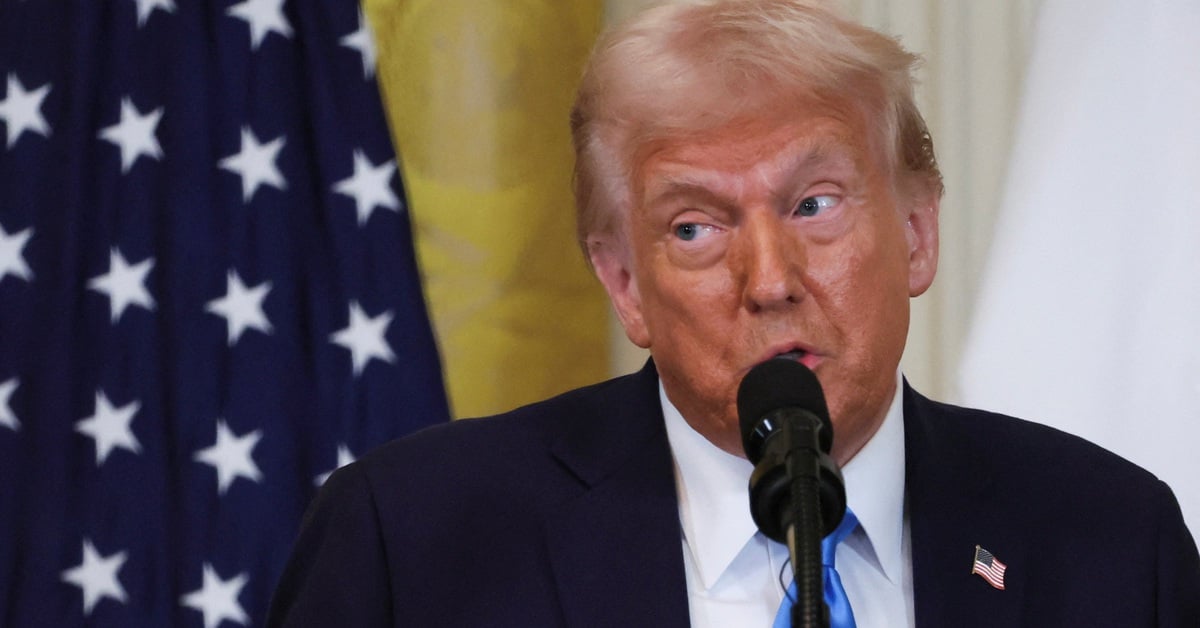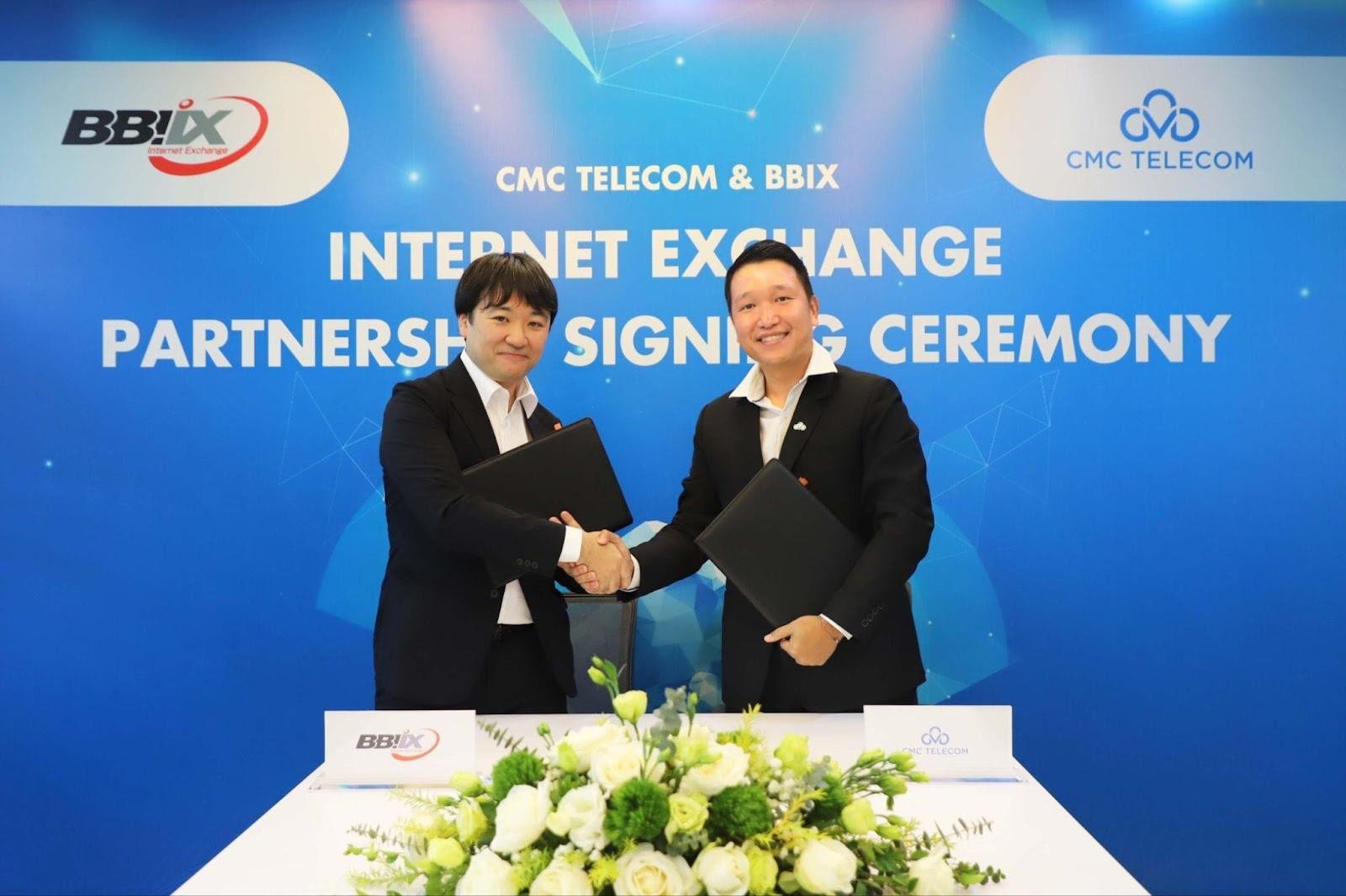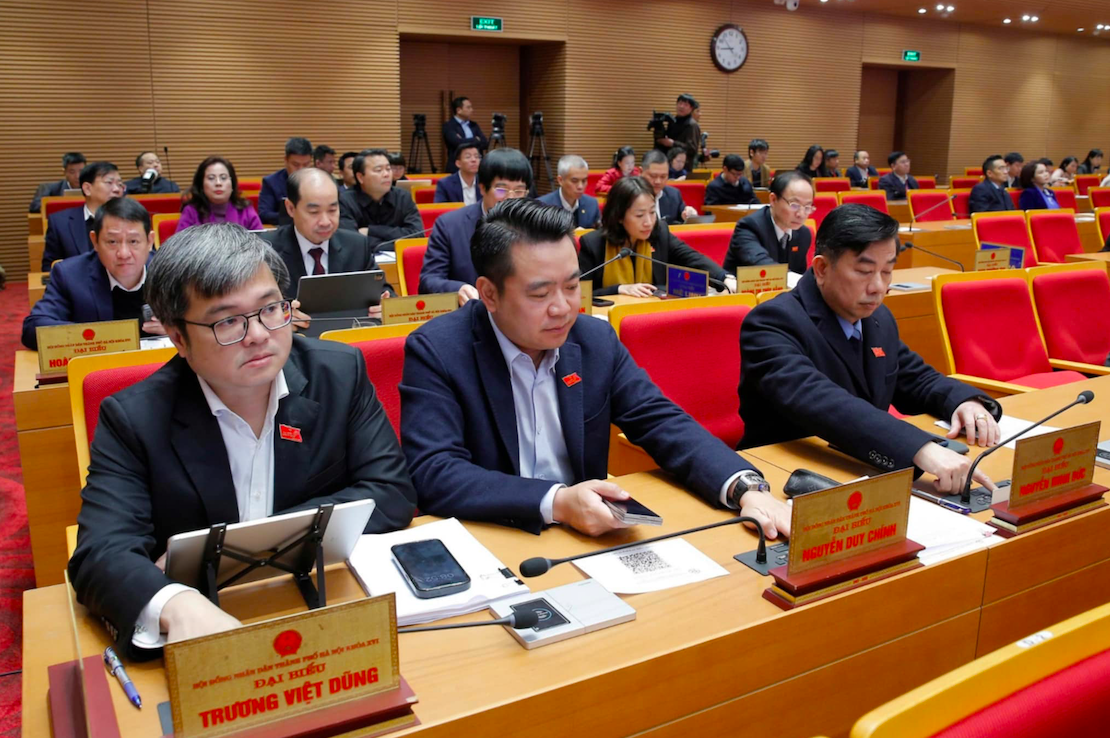Bloomberg, citing sources, reported that the US Commerce Department has been meeting with industry experts in recent months to address security concerns raised by the next generation of smart cars, which could include banning the use and testing of Chinese technology for autonomous driving and in-car communications systems.

While focused primarily on software, the proposed regulations also target some hardware, such as the V2X systems that cars use to communicate with road infrastructure, other smart vehicles and the cloud.
Many cars today – whether gasoline or electric – are equipped with devices that connect to the Internet or the cloud, making them targets for cyberattacks.
The restrictions stem from an investigation into cybersecurity risks from Chinese car software in March, according to Bloomberg .
Bloomberg said the regulation contains protectionist elements because most new cars are connected to at least one infotainment system, so Chinese automakers could be banned from selling in the US if their cars use this technology.
In May, the US government imposed a 100% tariff on Chinese electric cars.
Lael Brainard, director of the White House National Economic Council, may speak in Detroit on September 23 about the Biden administration's efforts to "strengthen the American auto industry."
China has emerged as a leader in the electric vehicle and smart car component markets, thanks in part to government subsidies and support. BYD sold more fully electric vehicles than Tesla in the fourth quarter of 2023, and global automakers are increasingly relying on Chinese suppliers for the technology needed for smart cars.
For its part, China affirms its respect for customers' data privacy and security, and the principles of fair competition.
The US Commerce Department could enforce the ban by prohibiting Chinese companies from collecting data on American drivers, especially individuals, and sending it back to China.
The rules would also prevent mainland suppliers from establishing a larger footprint in the US, giving the US auto industry time to build its own smart car supply chain.
The US Commerce Department may propose implementing the ban in phases on different software and hardware, the sources said.
(According to Bloomberg)
Source: https://vietnamnet.vn/my-chuan-bi-cam-phan-mem-o-to-trung-quoc-2324763.html









































![[Photo] Prime Minister Pham Minh Chinh chairs Government Conference with localities on economic growth](https://vstatic.vietnam.vn/vietnam/resource/IMAGE/2025/2/21/f34583484f2643a2a2b72168a0d64baa)
























































Comment (0)